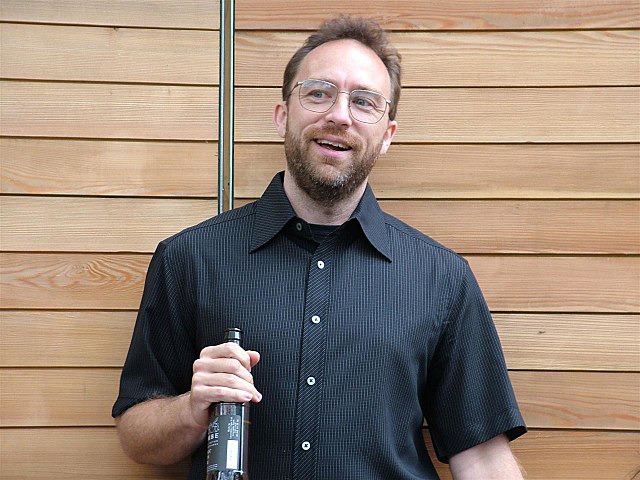WTSocial: Alternative to Facebook is Announced by Jimmy Wales, Founder of Wikipedia

Jimmy Wales' (founder of Wikipedia) has a new project, WTSocial
I'm going to presumptively speak for "the World" here: The World is ready for an alternative social gathering spot that respects users' privacy, discourages acrimony and tamps down hard on misinformation. I'm an early financial supporter because I really want this project to take off. This will be a fundamentally different business model than Facebook in that it will be funded through user donations. Here's are a few excerpts from a Financial Times article about WTSocial:
“It won’t be massively profitable but it will be sustainable,” [Wales] said . . . Wales said he believes the time is now right for a new venue that is free from what he calls “clickbait nonsense”. “People are feeling fed up with all the junk that’s around,” Mr Wales said.
Regarding his goals for numbers of users, Wale stated: “Obviously the ambition is not 50,000 or 500,000 but 50m and 500m.”
Photo Credit: Photograph: ed g2s - Own work, CC BY-SA 3.0, https://commons.wikimedia.org/w/index.php?curid=15707
